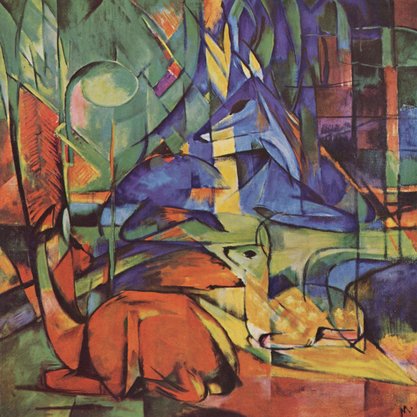Article
Croce, Benedetto (1866–1952) By Beard, David
Article
Benedetto Croce was an Italian philosopher of aesthetics and history, who cast a long shadow into the aesthetic and literary criticism of Modernism. Croce’s biography includes traumatic episodes that recall the hallmark crises of Modernism, including the early loss of both parents in an earthquake that he himself barely survived. While his career in philosophy started in 1893 with his reading of Giambattista Vico (1668–1744) and Georg Wilhelm Friedrich Hegel (1770–1831), his work articulates his ‘philosophy of spirit’ (a term that reveals its Hegelian roots). His primary output was published in La Critica, a journal of cultural criticism that he founded in 1903, as well as in his books, including What is Living and What is Dead in the Philosophy of Hegel (1907) and Aesthetic as Science of Expression and General Linguistic (1909). As a politician, his appointment as a liberal member in the Italian Senate overlapped with his 1920–1921 service in the Ministry of Public Instruction. Espousing fascist sympathies until 1924, he left his Senate position as Benito Mussolini’s (1883–1945) fascist government came to power in 1922 and thus became marginalized and threatened when he openly criticized Fascism.



